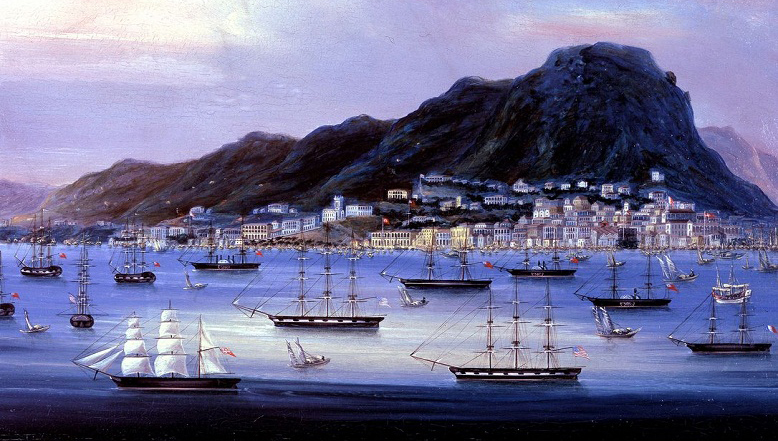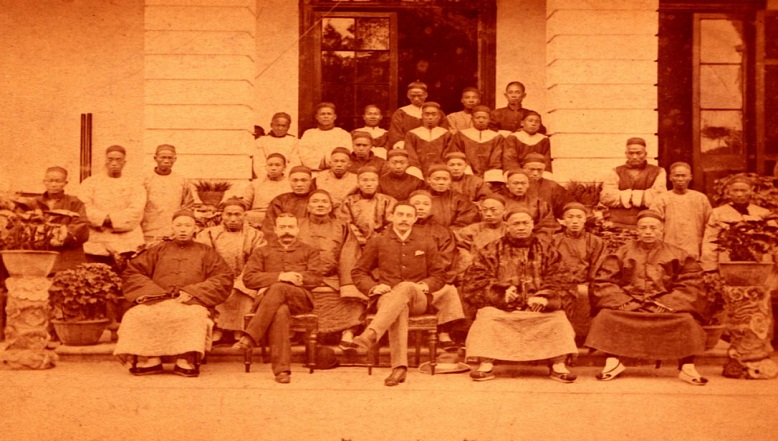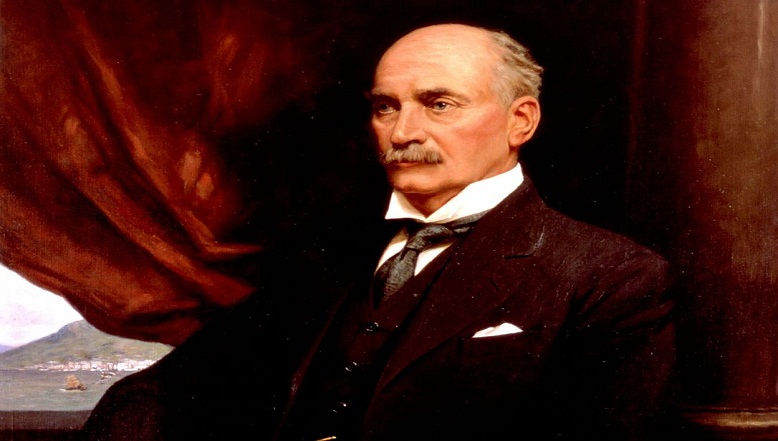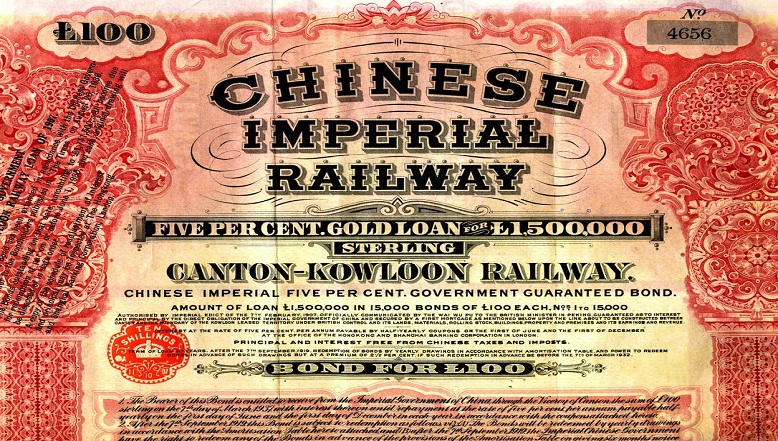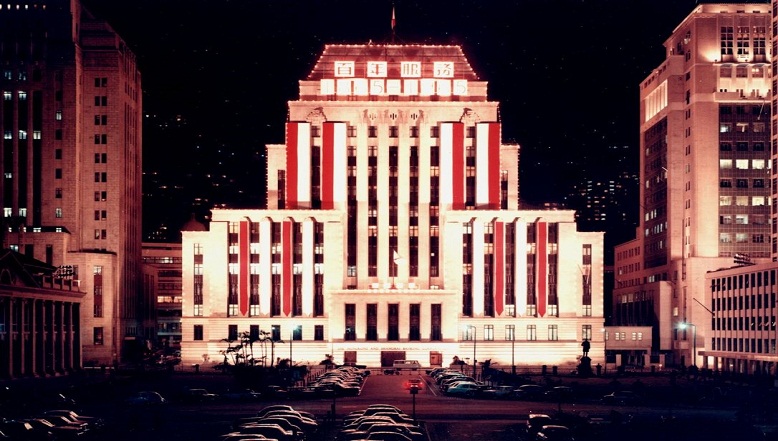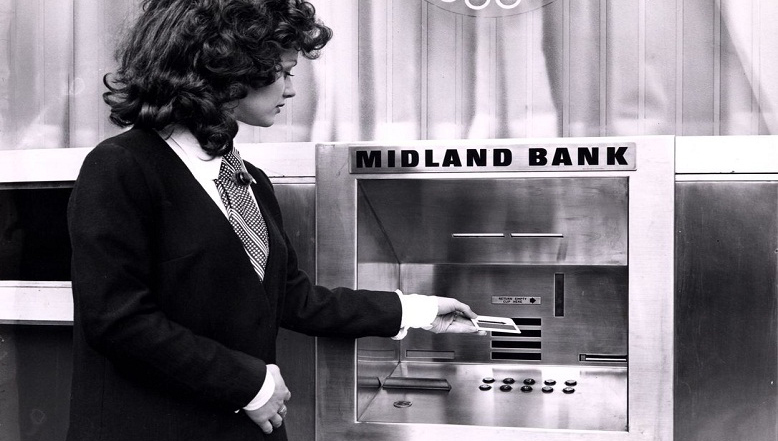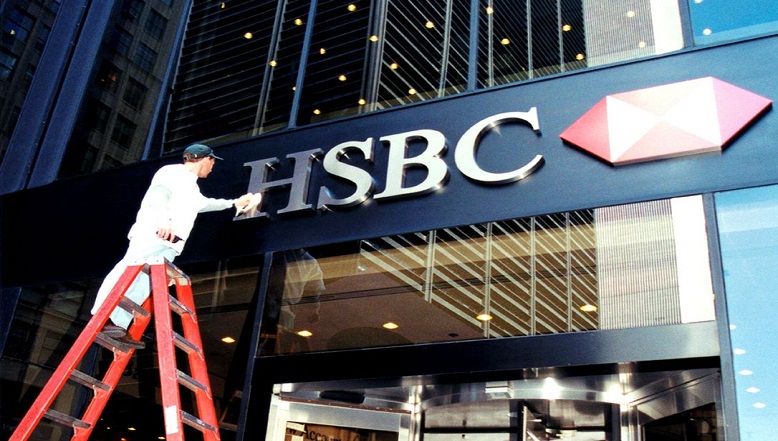The Hongkong and Shanghai Banking Corporation Limited opened in Hong Kong on 3 March 1865 and in Shanghai one month later. It was the first locally owned bank to operate according to Scottish banking principles.
HSBC in Luxembourg

Our services
HSBC in Luxembourg has been connecting clients to Europe for over 40 years, supporting the growth ambitions of its customers, from international corporates and financial institutions to Ultra High and High Net Worth clients through a comprehensive range of banking and financial services including Corporate Banking, Liquidity and Cash Management and Private Banking.
Additionally, HSBC in Luxembourg offers Security Services – an asset servicing specialist for both Alternatives and UCITS structures, coupled with universal banking capabilities, with over EUR 220bn assets under administration. Also, HSBC Investment Funds (Luxembourg) S.A. operates as a regulated Luxembourg Management Company to HSBC’s Luxembourg and Irish domiciled UCITS and AIFM fund ranges.
Our headquarters
18 Boulevard de Kockelscheuer
Luxembourg
Letzebuerg
L-1821
Our CEO
Emanuele Vignoli
HSBC history in Luxembourg
In 1977, HSBC Private Bank (Luxembourg) S.A. starts operating.
In 1988, HSBC offers Securities services in Luxembourg and HSBC Investment Funds (Luxembourg) S.A. starts operating.
In 2013, HSBC offers Corporate Banking services in Luxembourg.
In 2019, HSBC in Luxembourg becomes a branch of HSBC Continental Europe.
